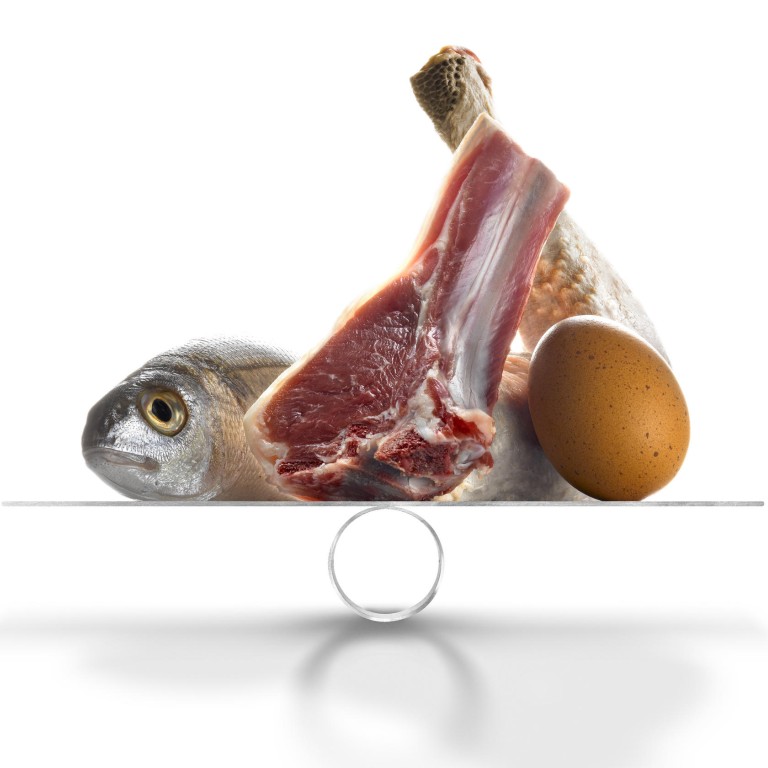
Hits and myths: Can eating too much animal protein damage your kidneys?
No, but…
The consumption of animal protein has skyrocketed over the past couple of decades. According to the World Health Organisation, the enormous surge in population growth, rising incomes and urbanisation has led to a growing demand for high-quality animal protein. Annual meat production was about 218 million tonnes annually between 1997 and 1999, and this figure is expected to increase to 376 million tonnes by 2030.
A high-protein diet has also become more popular in recent years. The Atkins Diet and the Zone Diet, for example, which focus on protein-rich foods such as meat, fish and eggs, are thought to combine rapid weight loss with the satisfaction of feeling full.
Many followers of high-protein diets have been warned that eating large amounts of meat could have a negative effect on their kidneys.
However, as long as your renal function is not impaired, there is no reason to worry that consuming large amounts of animal protein will overload your kidneys, says Dr Winnie Mui, a general practitioner at Doctor Lauren Bramley & Partners in Central.
A study published in in 2001 revealed that a high protein intake by athletes does not harm renal function.
If your kidney function is impaired, however, a high-protein diet is probably not for you. Protein toxicity occurs when the body is unable to get rid of potentially toxic wastes caused by protein metabolism.
In people with normal kidney function, the kidneys work to excrete the by-products of protein metabolism. But individuals with kidney disease who consume a lot of meat will struggle to rid their body of this waste.
Others at high risk of protein toxicity include people with hypertension, diabetes, and those over the age of 65.
The association between a high-protein diet and kidney damage is therefore both true and false. Studies have shown a correlation between an increase in animal protein intake and certain diseases. Heart disease, cancer, constipation and diverticulitis have all been linked to the excess and sustained consumption of meat. Therefore, Mui recommends that active people consume no more than 0.8 of a gram to one gram of protein per kilogram of their body weight per day. This constitutes part of a balanced diet.
It is also wise to vary your protein sources. Dairy products and certain plant foods such as legumes and beans are rich in protein. There are also protein supplements in the form of powders, drinks and snack bars.
Before embarking on a high-protein diet, consult your physician to see if it's right for you. Mui recommends getting regular physical exams, including blood and urine tests to make sure your kidneys are functioning healthily.
If you consume a lot of animal protein, it is also important to get your weight and blood pressure checked.

